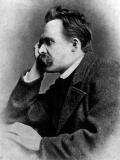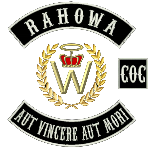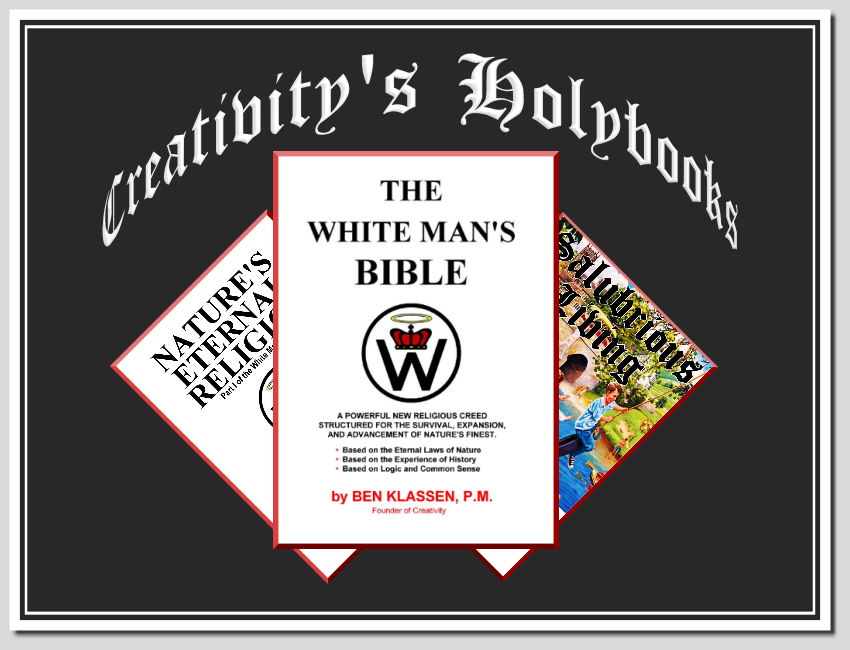- Welcome to Creator Forum - Racial Loyalty News Online.
• Shortened Link: W23.link » CreativityAlliance.com
• Beat the Censors on Social Media with ᵂ23 ᴰᴼᵀ ᴸᴵᴺᴷ
• Free @Rev.JoelDufresne P.O.W. USA - Prison Martyr - Bogus Charges
• Beat the Censors on Social Media with ᵂ23 ᴰᴼᵀ ᴸᴵᴺᴷ
• Free @Rev.JoelDufresne P.O.W. USA - Prison Martyr - Bogus Charges
-
 Turd Worlder Craps in Aussie Street
by Br.IanVonTurpie
Turd Worlder Craps in Aussie Street
by Br.IanVonTurpie
[Today at 20:36] -
 It is Now A Criminal Act For Australians To Post Swastikas &...
by Br.IanVonTurpie
It is Now A Criminal Act For Australians To Post Swastikas &...
by Br.IanVonTurpie
[Today at 20:31] -
 Holidays
by Rev.Cambeul
Holidays
by Rev.Cambeul
[Today at 20:00] -
 Australian Government Welcomes One Millionth Refugee
by Rev.Cambeul
Australian Government Welcomes One Millionth Refugee
by Rev.Cambeul
[Today at 19:31] -
 HELP! Desperately Searching for Podcast Audio Mini-Series
by Rev.Cambeul
HELP! Desperately Searching for Podcast Audio Mini-Series
by Rev.Cambeul
[Today at 19:09] -
 Now Playing: Music and Videos
by Rev.FrankSmith
Now Playing: Music and Videos
by Rev.FrankSmith
[Today at 17:14] -
 Happy Thanksgiving!
by ConcernedCavalier
Happy Thanksgiving!
by ConcernedCavalier
[Today at 14:52] -
 USA: Trump Bans Immigration from Third World Countries
by Rev.Cambeul
USA: Trump Bans Immigration from Third World Countries
by Rev.Cambeul
[Today at 10:16] -
 Britain: History of Immigrants Raping & Murdering White Girls
by Rev.Cambeul
Britain: History of Immigrants Raping & Murdering White Girls
by Rev.Cambeul
[Today at 10:11] -
 2025 Election: Adolf Hitler Storms to Victory at the Polls
by G.L.R.
2025 Election: Adolf Hitler Storms to Victory at the Polls
by G.L.R.
[Today at 5:47] -
 Creativity is Evolutionary
by Fortem
Creativity is Evolutionary
by Fortem
[Yesterday at 19:59] -
 Br. Anthony S. - Prisoner of the J.O.G.
by Br.AnthonyS
Br. Anthony S. - Prisoner of the J.O.G.
by Br.AnthonyS
[Thu 27 Nov 2025] -
 British Humour
by Rev.FrankSmith
British Humour
by Rev.FrankSmith
[Thu 27 Nov 2025] -
 Your Favourite Quote/Passage
by Rev.Cambeul
Your Favourite Quote/Passage
by Rev.Cambeul
[Wed 26 Nov 2025]
Keep Creativity Online

Bitcoin/BTC Address:
3GyxbqYH3Hg6dpxVvS6PkFZ5FGbX1FLZ5N
Don't be a Jew - Donate Today

Bitcoin/BTC Address:
3GyxbqYH3Hg6dpxVvS6PkFZ5FGbX1FLZ5N
Don't be a Jew - Donate Today
User actions







